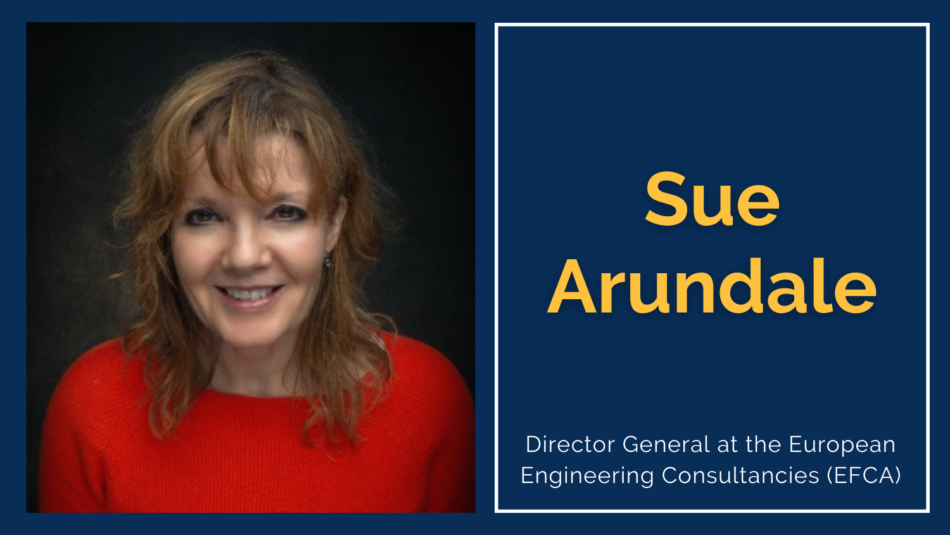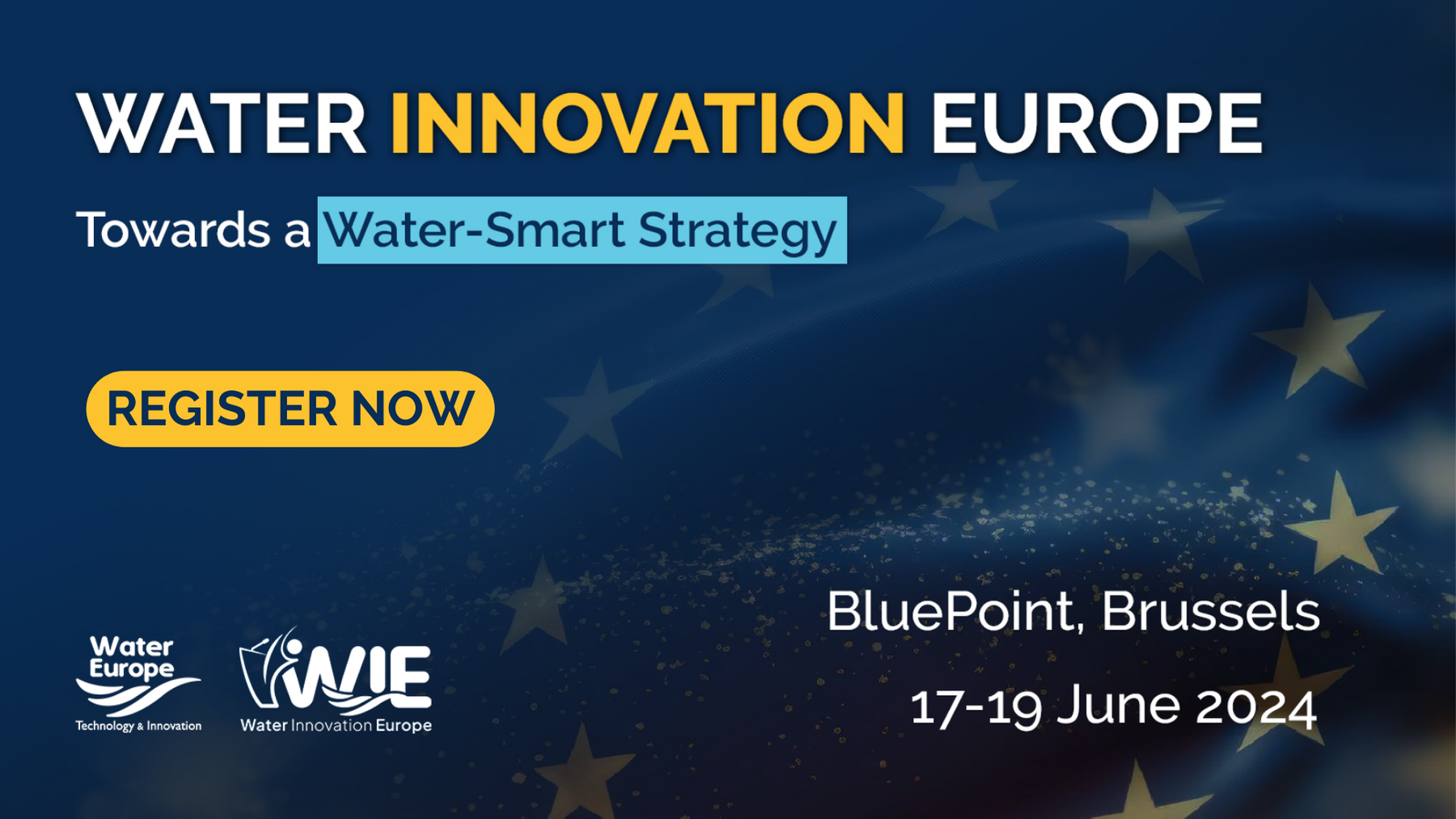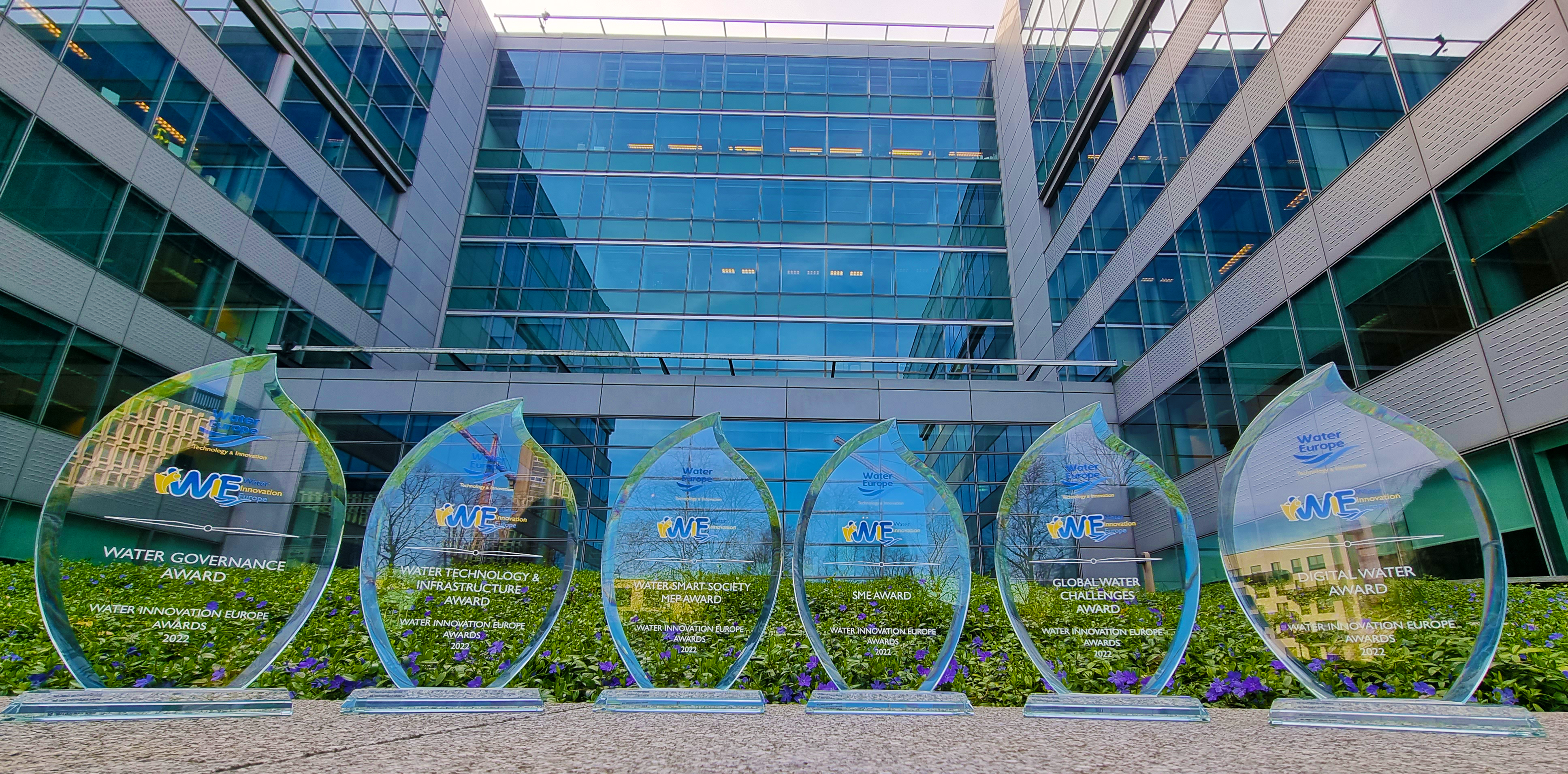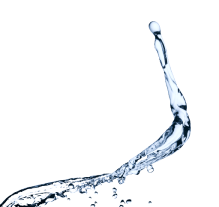Can you please introduce your association and describe the role that water plays in your work?
EFCA has national members in 27 countries, representing more than 10,000 consulting engineering firms. Engineers are pioneering climate mitigation solutions and are critical to the sustainable future of water infrastructure, itself essential to supply, as well as wastewater management. In addition, some consulting firms are working in Africa and other very hot regions, where water is already extremely scarce. Water was the focus of our most recent position paper on the Blue Deal and will be the theme of our conference, so at the federation level, we are engaging with this vital topic on behalf of our community.
The World Resource Institute predicts a 56% gap between water supply and demand by 2030. Water stress is also perceived among the main global risks, highlighting the need to move away from temporary measures to systematic, risk-based management. How are the current water risks perceived in your sector, and what policies/regulations do you consider important for addressing these risks?
Simply put, we are heading for an emergency ; and yet water is being wasted, both when we have too much as a result of floods and when water infrastructure is poorly maintained. Existing policies do not go far enough so we are supporting the call for an EU Blue Deal, to address the lack of investment and ensure that existing and new regulation will tackle the root cause and guarantee supply for the long-term. Water problems are often tackled at a local level and only when they present an immediate threat to citizens and industries. This is not good enough. We need to work together with the big picture in mind and take into account that water systems and climate emergencies are not contained within national borders. This is an EU – and global – problem and must be tackled that way.
Collaboration and innovation are at the heart of building a Water-Smart Society. How does your organization actively support collaboration and innovation within your sector to improve environmental performance, competitiveness across the value chain? Could you provide specific examples of your efforts in this regard, particularly related to water?
We will not solve the water crisis without collaboration and innovation. Engineers work across the entire value chain and we actively support partnership for example, through Early Contractor Involvement and strong co-operation with clients. Furthermore, a Water-Smart Society needs stakeholder involvement much wider than the construction value chain.
Amongst innovative projects already completed are nature-based solutions to shore up supply, storage, climate resilience and quality. Working with nature’s own infrastructure reduces materials and protects the environment, as well as avoiding adding to the emissions that have contributed to water shortages in the first place. Re-meandering of rivers, reinforcing flood plains, natural aquifers and other examples of best practice are available, to avoid us having to resort to more traditional solutions such as desalination plants, which are energy-intensive, meaning they only add to the bigger climate problem we are trying to solve, of which the water crisis is a symptom.
Would a water strategy be relevant for your sector to strengthen competitiveness and reduce potential disruption on the value chain by ensuring water resilience, security, and sustainability?
Absolutely! We are calling for this to ensure that we avoid a situation where there is no longer enough water for our citizens, industry, agriculture and essential services.
